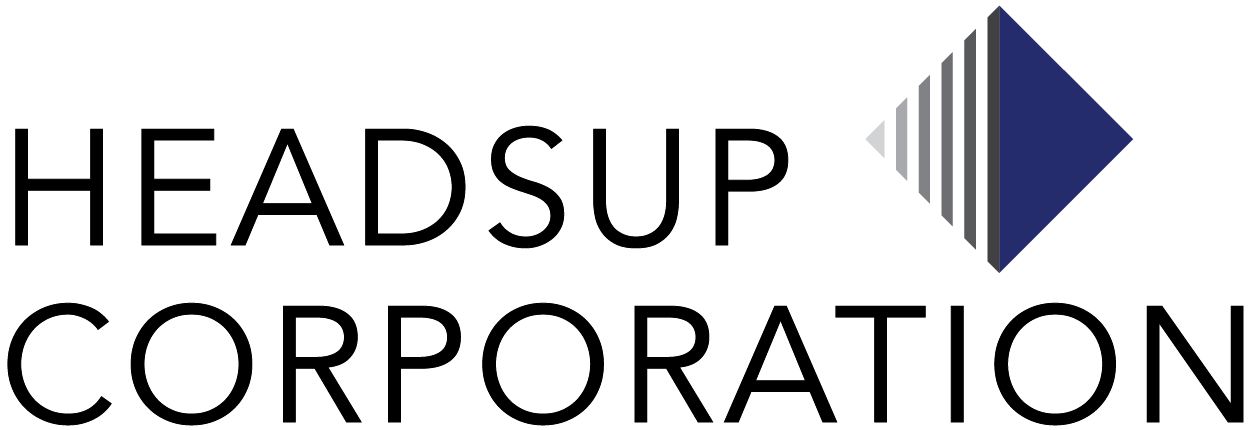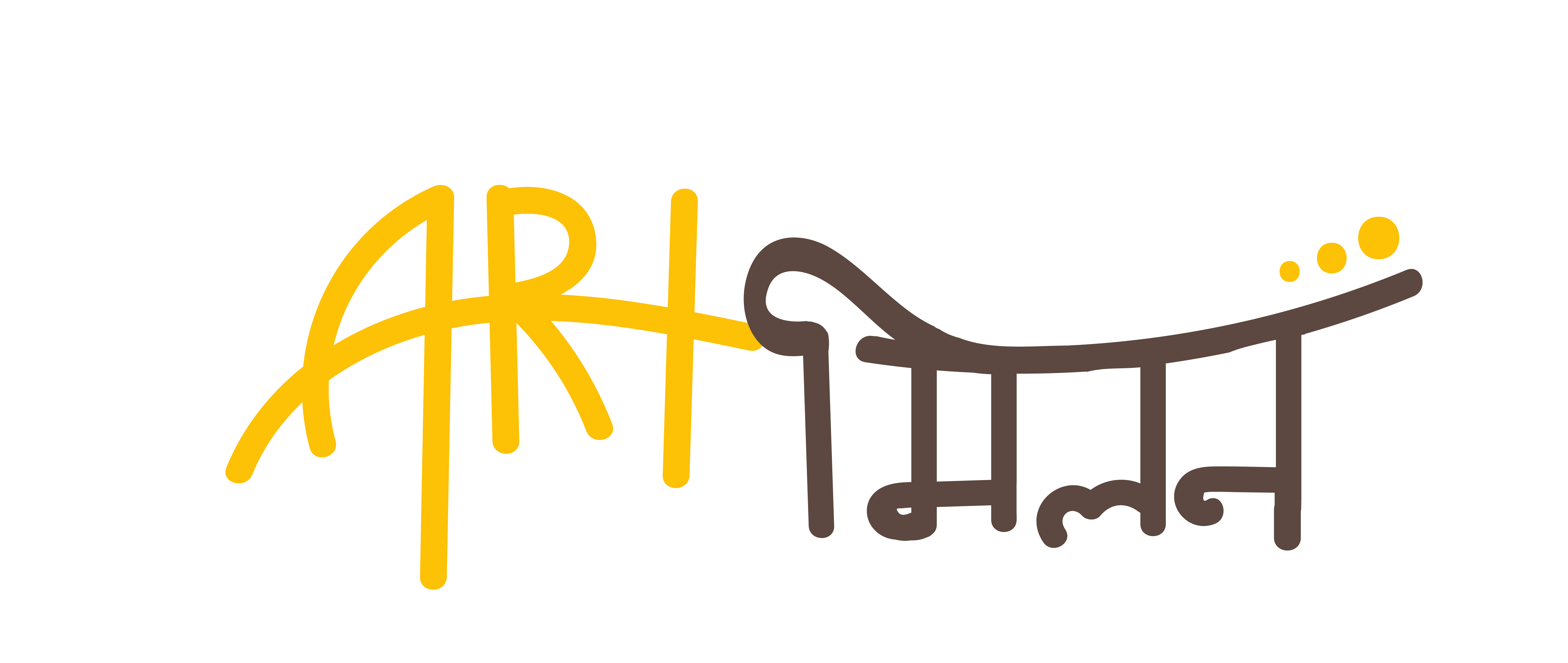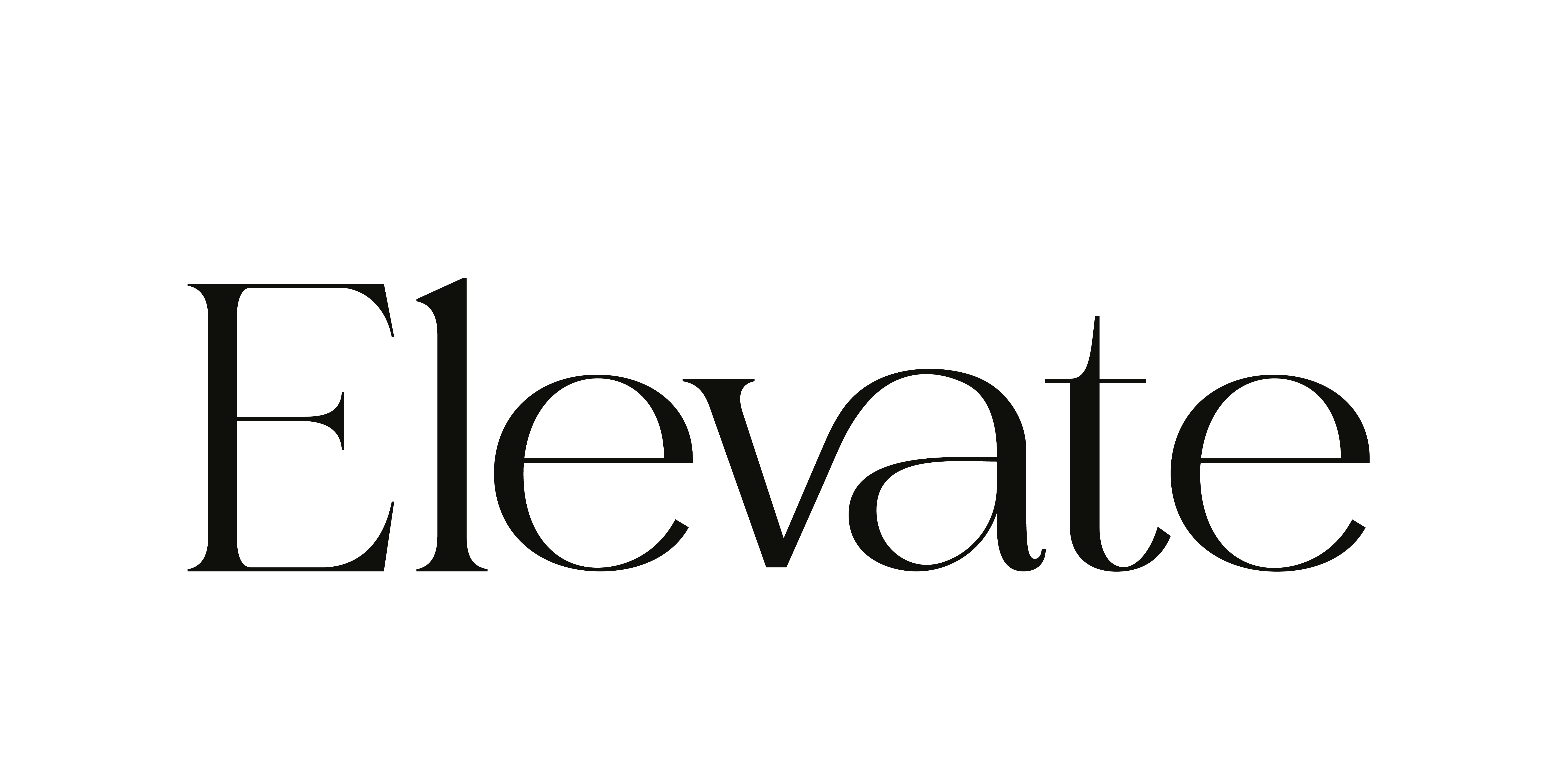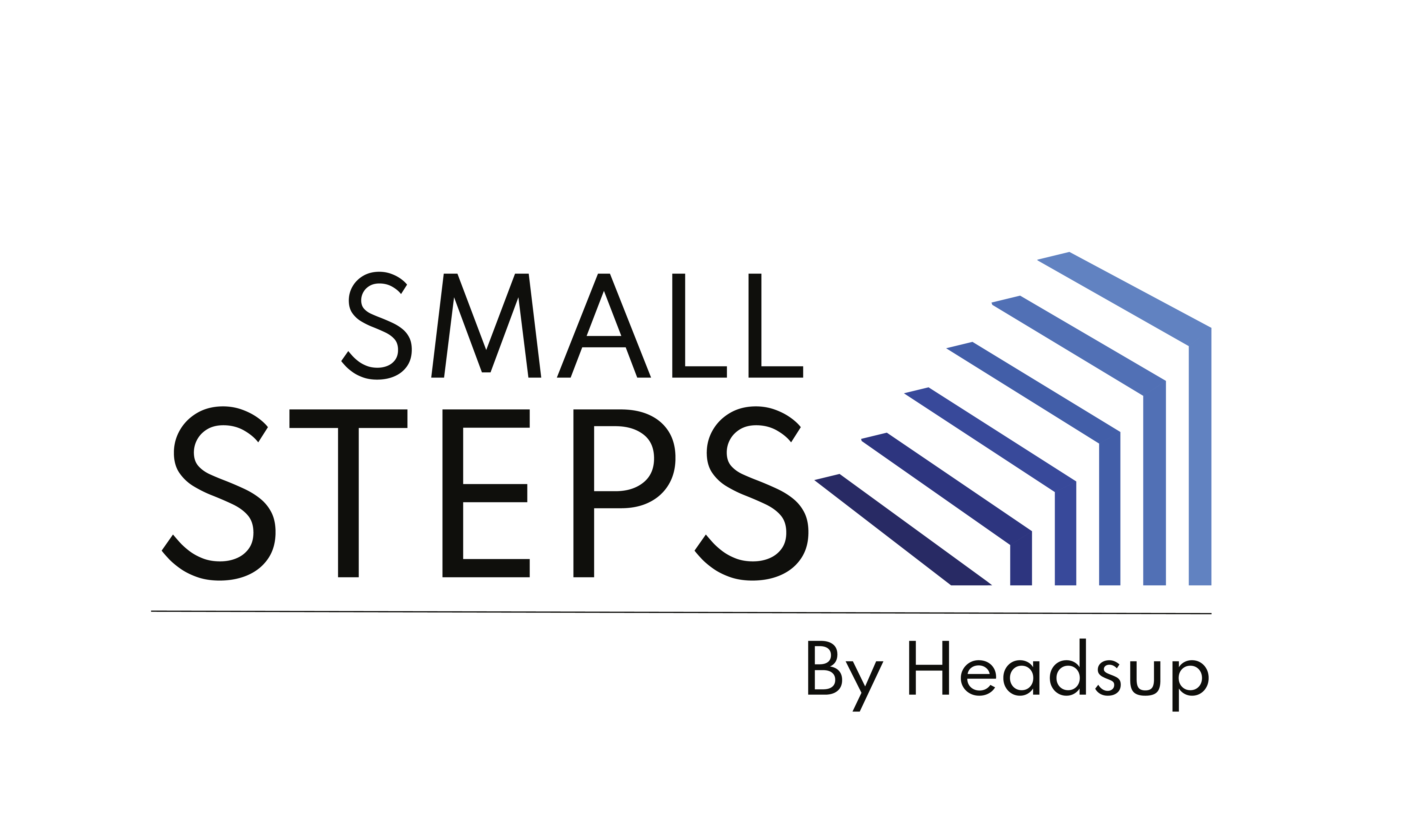There has been a whole paradigm shift in how workplaces were running amid the Covid-19 crisis. Even as offices have started reopening and resuming former office routines, there is a large percentage of employees that continue to show favorability to the work-from-home model. Hence, as a great talent acquisition and employer branding model, remote working is in trend. As remote work is starting to become the norm more than ever, more and more organizations are choosing to opt for the hybrid workforce model.
But, at the same time, HR managers now have the daunting task of figuring out what this is going to look like. While at the same time maintaining collaboration, employee loyalty, and company culture and inculcating employer branding on campus as well. So, what could work here?
We say, videos!
Using more videos is a method that effectively helps the HR teams adapt to new ways in which they will now recruit and train employees.
It has been proven in several studies that workers are attracted to, prefers, and respond better to videos in corporate settings much like most of them do in their personal lives as well. In fact, Nelson Brooks proposed the idea long long back as the Audiolingual method of learning In the 1960s, the Audiolingual Method—which was widely used in the United States and Canada—became the standard method for teaching as people responded to the audio and videos way better than the same old texts.
As most businesses tend to heavily rely on emails as a primary mode of communication rather than other modes and this can also lead to a down surge in innovation and productivity. Using videos can be your USP to improve the employer branding strategy and services
Talent Acquisition and Employer Branding Essentials: Unleash The Power Of Videos To Implement A Hybrid Workplace Model
1. Increase in Appeal
The opinions of the new generation of tech-savvy potential employees on company culture and work ethics have a heavy reliance on videos to determine their possible employers and workplaces. These candidates that form the basis of the employer branding on campus are more likely to understand and appreciate the company brand through videos and similar modes of media and vet their future workplaces accordingly.
HR teams can leverage these videos to attract talented individuals from the millennial and gen-z generations. This method is also useful to recruiters in discovering talent over a wider candidate base with regard to the increased remote work practices.
2. Employee Training
People are inclined to learn and absorb from video-based learning and training programs rather than written instruction manuals and guides. Talent acquisition and employer branding teams should revamp the content development of learning and training to suit the agile and flexible hybrid workforce and increase their productivity and skill set in this increasingly digitized work culture.
There will be challenges to overcome for the employees in adapting to this new form of media communication which HR will have to anticipate and be ready for to sustain the growth of the organization with a hybrid workforce.
3. Better Communication
Corporate announcements are a vital part of keeping everyone updated, but when communicated through email, there is a high probability of them being skimmed over or ignored. However, a captivating short video conveying a simple message with appealing imagery can provide a compelling emotional connection with the employees. It can also be your first dynamic manifesto to promote employer branding all over.
HR teams can use this to create a better connection between the management and the employees through this fascinating mode of communication as messages sent across would be fully comprehended and understood.
4. Cost Benefits & Productivity
Visual and video-based learning and communication is also very cost-effective method for companies to boost their employees’ productivity and economize on the resources spent on doing so. There is also the added perk of time-saving, as through videos the whole process of learning or communication will be much faster.
Workers will be absorbing knowledge much faster and applying their skills in completing tasks even quicker, thereby increasing efficiency and output without having to allocate large amounts of funds and resources.
5. Fortifying Company Culture
The employees of an organization have their work cut out for them in terms of adapting to a company’s brand and ethics while working from home. The responsibility of implementing an organization’s core values falls to the HR and business leaders who can do so through HR videos.
With the transition to a digitized HR, it will be essential to maintain the employee experience even with the hybrid workforce model. Since HR shapes the employee’s first experience starting in the company as well as the last one in case of a departure, it would be great if these practices can be easily captured as knowledge for the future.
Regardless of whether it’s for developing and imparting a training program, onboarding a new employee, or recruiting fresh new talent, video is increasingly becoming an essential part of the major tools used by HR communicators. The technology to create, edit, and animate these videos has also become very doable for someone with even basic digital skills. The only thing that is needed from the HR teams is the will and determination to implement new strategies and successfully integrate them into normal work routines in this ever-growing digital world.
Conclusion
It goes without saying that Employee engagement rises as a result of good talent acquisition and employer branding, which also boosts their sense of pride and happiness. Now, if they also have videos and dynamic modern portfolios, websites and other lucrative items to boast of, the strategy can be better than ever. And, what’s more? They also will develop into brand ambassadors who promote your business to their talented peers, transcending all virtual and tangible boundaries.









